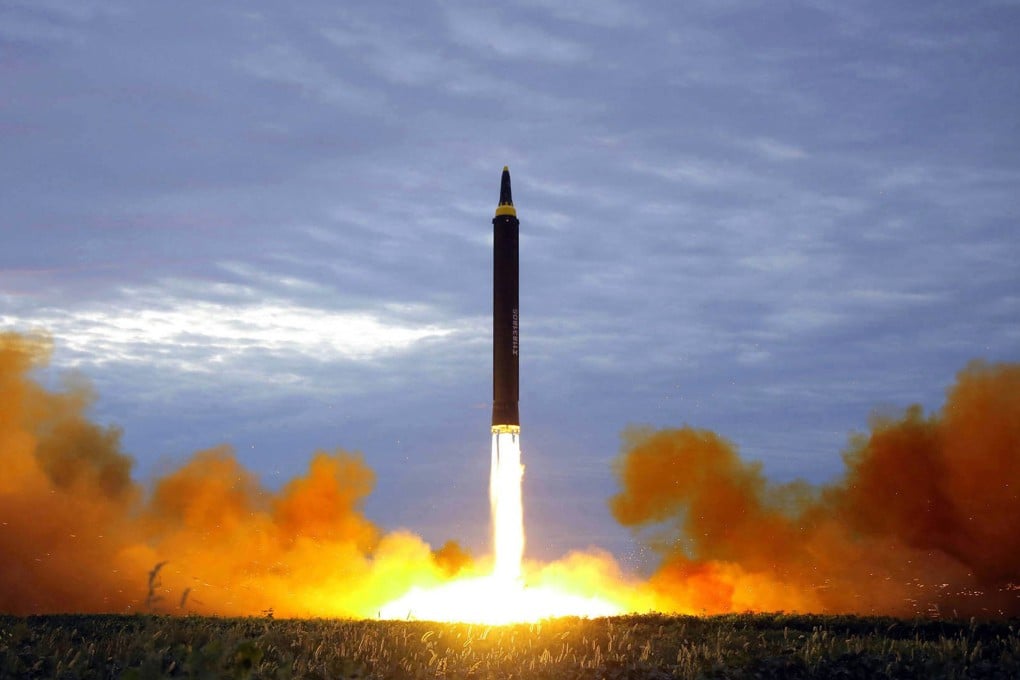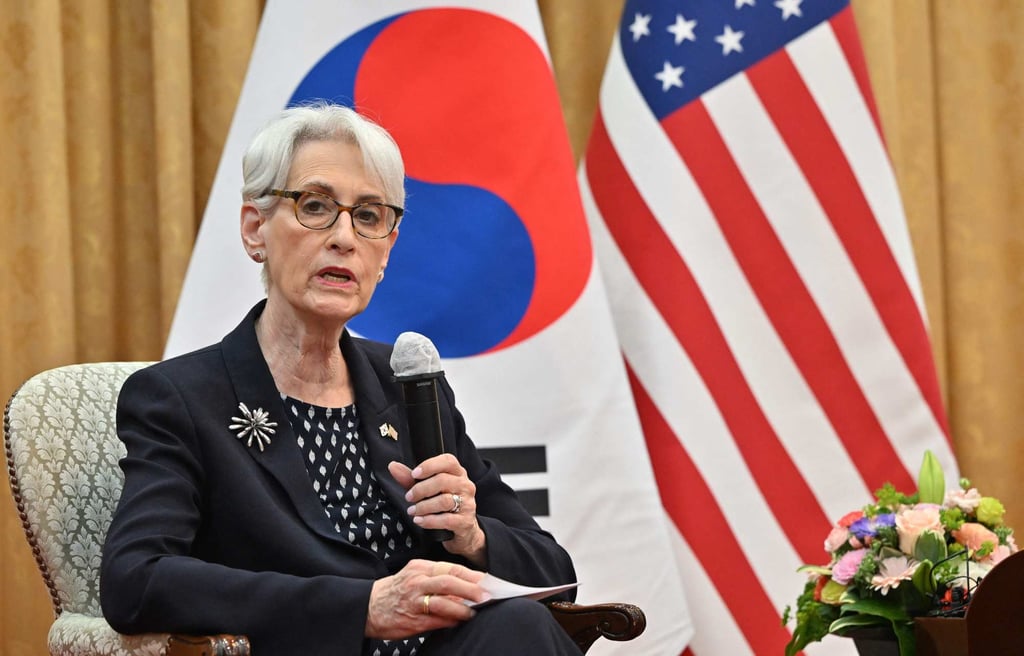US warns of ‘forceful response’ to anticipated North Korea nuclear test
- US Deputy Secretary of State Wendy Sherman made the remarks on Tuesday as she travelled to Seoul to meet with South Korean and Japanese allies
- Intelligence officials have warned North Korea is all but ready to conduct another detonation at the nuclear testing ground it last used in 2017

US and South Korean officials have said North Korea is all but ready to conduct another detonation at its nuclear testing ground in the northeastern town of Punggye-ri, which last hosted a test in September 2017, when it claimed to have detonated a thermonuclear bomb designed for its intercontinental ballistic missiles.
While the Biden administration has vowed to push for additional international sanctions if North Korea goes ahead with the nuclear test, the prospects for meaningful new punitive measures are unclear with the United Nations Security Council divided over Russia’s war on Ukraine.

“Any nuclear test would be in complete violation of UN Security Council resolutions. There would be a swift and forceful response to such a test,” Sherman said, following a meeting with South Korea’s Vice-Foreign Minister Cho Hyun-dong.
“We continue to urge Pyongyang to cease its destabilising and provocative activities and choose the path of diplomacy.”